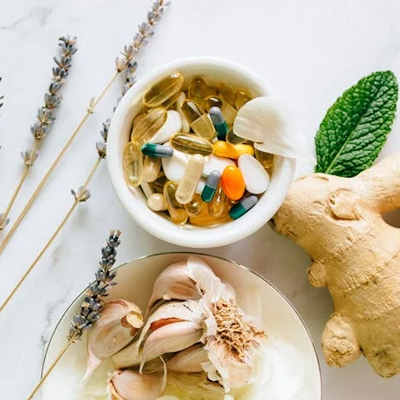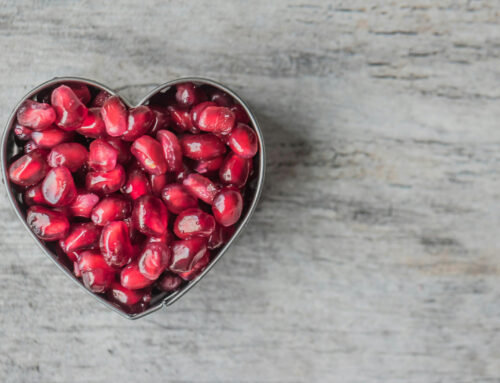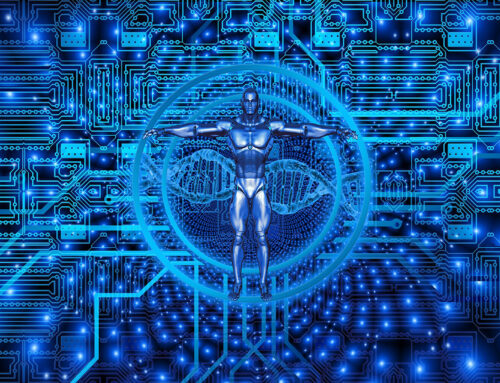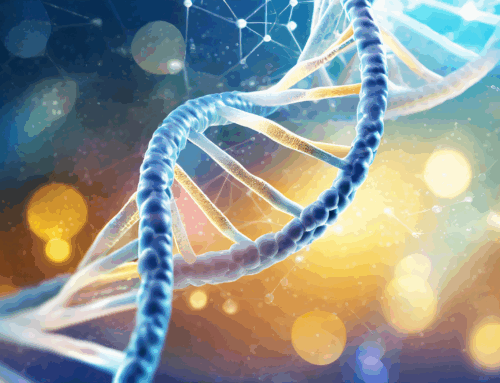Menstrual issues like cramps, heavy bleeding, and irregular cycles are common challenges faced by many young women.
These symptoms can disrupt daily life, leading to discomfort, embarrassment, fatigue, and emotional stress.
While conventional medical treatments often involve pain relievers or hormonal interventions like birth control pills, many young women seek out more natural solutions.
Naturopathic doctors (NDs) and holistic practitioners offer complementary approaches that focus on treating the root cause of menstrual problems through lifestyle changes, nutrition, and natural therapies.
Understanding Common Menstrual Issues
Before diving into how these practitioners approach menstrual issues, it’s important to understand the common problems that young women experience:
- Cramps (Dysmenorrhea): Painful menstrual cramps are caused by the release of prostaglandins, hormones that cause the uterus to contract. Cramps can range from mild to severe and may interfere with daily activities.
- Heavy Bleeding (Menorrhagia): This involves abnormally heavy or prolonged menstrual bleeding. Women with menorrhagia may experience fatigue and anemia due to blood loss.
- Irregular Periods: Menstrual cycles can become irregular due to hormonal imbalances, stress, or underlying conditions like polycystic ovary syndrome (PCOS)
How Naturopathic Doctors and Holistic Practitioners Help Young Women With Menstrual Issues
Naturopathic doctors (NDs) combine conventional medical knowledge with natural therapies. Their approach to menstrual problems is holistic, focusing on the underlying causes and using evidence-based natural treatments. Holistic practitioners take a broad, integrative approach to health, focusing on the mind, body, and spirit. Their treatment of menstrual issues emphasizes the interconnectedness of different body systems and uses natural therapies to restore balance.
Hormonal Balance Through Natural Remedies
Many menstrual issues are rooted in hormonal imbalances, such as excess estrogen or low progesterone. NDs and holistic practitioners offer natural alternatives to balance hormones and promote muscle relaxation, including:
- Herbal Options: NDs and holistic practitioners frequently recommend herbs like chasteberry (Vitex agnus-castus), which helps regulate the menstrual cycle by supporting progesterone production. Dong quai and black cohosh are other common herbs used to reduce cramps and improve hormone balance. They may use traditional herbal remedies like cramp bark or ginger for pain relief, along with Chinese medicine herbs such as angelica (Dang Gui) to nourish the blood and support hormone balance.
- Detoxification: Some holistic practitioners recommend detoxification protocols to support liver health and improve estrogen metabolism. A healthy liver can better process excess hormones, reducing heavy bleeding or irregular cycles.
Nutrition for Menstrual Health

Diet plays a vital role in managing menstrual symptoms, and NDs and holistic practitioners create personalized nutrition plans to help alleviate cramps, reduce heavy bleeding, and regulate cycles. They may recommend:
- Anti-inflammatory Diet: An anti-inflammatory diet rich in whole foods like vegetables, fruits, nuts, seeds, and omega-3 fatty acids can reduce menstrual pain. NDs and holistic practitioners may advise avoiding processed foods, sugar, gluten, and excess caffeine, which can trigger inflammation and worsen cramps.
- Iron-Rich Foods: For women with heavy bleeding, NDs and holistic practitioners often recommend iron-rich foods such as leafy greens, lentils, and grass-fed meats to prevent or address anemia
- Nutritional Supplementation: NDs and holistic practitioners may also prescribe specific supplements, such as magnesium, vitamin B6, and vitamin C to help alleviate pain and increase absorption of nutrients
Lifestyle Modifications and Stress Management
NDs and holistic practitioners emphasize the connection between lifestyle, stress, and menstrual health. Stress is a known disruptor of hormonal balance, and NDs and holistic practitioners encourage young women to incorporate stress-relieving practices such as:
- Mind-Body Therapies: Techniques such as yoga, meditation, acupuncture, and deep breathing exercises can reduce stress and improve menstrual regularity by calming the nervous system and balancing hormones
- Exercise: Regular physical activity, particularly moderate exercise like walking, cycling, or swimming, helps improve circulation, reduce cramps, and maintain a healthy weight, which can prevent hormone-related issues
Energy and Mind-Body Healing
Holistic practitioners often use energy-based therapies to address menstrual issues. These practices work on the premise that emotional or energetic imbalances can manifest as physical symptoms. They may incorporate or recommend the following:
- Acupuncture: Acupuncture is frequently used by holistic practitioners to regulate the menstrual cycle, relieve cramps, and promote hormonal balance by stimulating specific points on the body. It is based on the principles of Traditional Chinese Medicine (TCM) and aims to restore the flow of energy (Qi) in the body.
- Reiki and Energy Healing: Holistic practitioners may incorporate Reiki or other forms of energy healing to help women release emotional blockages that might be contributing to menstrual problems. These therapies aim to balance the body’s energy systems and promote relaxation.
- Reflexology: Holistic practitioners may use reflexology to open blockages, specifically the uterus and ovaries to alleviate congestion and pain and restore better energy flow and function
Emotional and Spiritual Support
Menstrual issues are often accompanied by emotional challenges, such as mood swings, anxiety, or depression. Holistic practitioners offer emotional and spiritual support to help women navigate these challenges. They may offer the following:
- Mindfulness and Meditation: Meditation and mindfulness practices are recommended to reduce stress, alleviate pain, and improve emotional well-being during the menstrual cycle
- Counseling and Coaching: Some holistic practitioners offer emotional counseling or life coaching to help women explore how their emotions and lifestyle choices may be impacting their menstrual health
- Bach Flower Remedies: Some practitioners use custom Bach flower mixtures to alleviate symptoms of mood swings and realign emotions
Addressing Underlying Conditions
NDs and holistic practitioners are trained to investigate and treat underlying conditions that may contribute to menstrual problems. For example, if a young woman has PCOS, endometriosis, or fibroids, NDs and holistic practitioners offer comprehensive treatment plans that address the root cause through diet, herbal medicine, and lifestyle changes.
The Complementary Nature of Naturopathy and Holistic Practices
Naturopathic doctors and holistic practitioners share many similarities in their approach to treating menstrual issues, as both focus on natural remedies, lifestyle modifications, and addressing the root causes of symptoms. NDs and holistic practitioners often integrate energy healing and traditional practices that focus on emotional and spiritual well-being.
Many women find that combining these approaches offers the most comprehensive care, addressing both the physical and emotional aspects of their menstrual health. This integrative approach allows young women to manage their symptoms while fostering a deeper connection to their bodies.
In the End…
Menstrual issues such as cramps, heavy bleeding, and irregular cycles can significantly affect a young woman’s quality of life.
Naturopathic doctors and holistic practitioners offer natural, personalized treatments that focus on balancing hormones, improving nutrition, and addressing emotional well-being.
By taking a comprehensive approach, these practitioners empower young women to manage their menstrual health in a way that supports their overall vitality and well-being.




